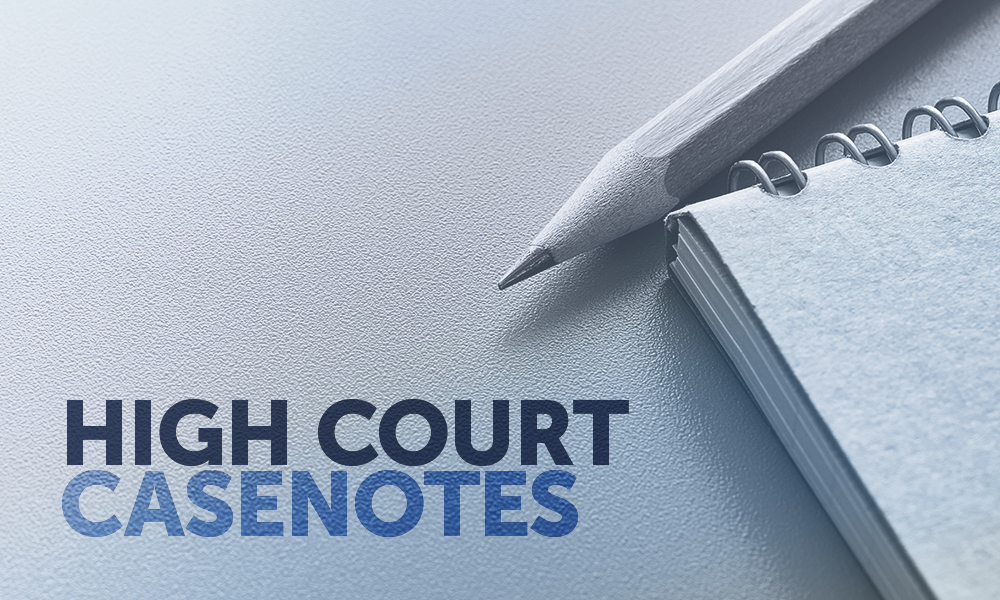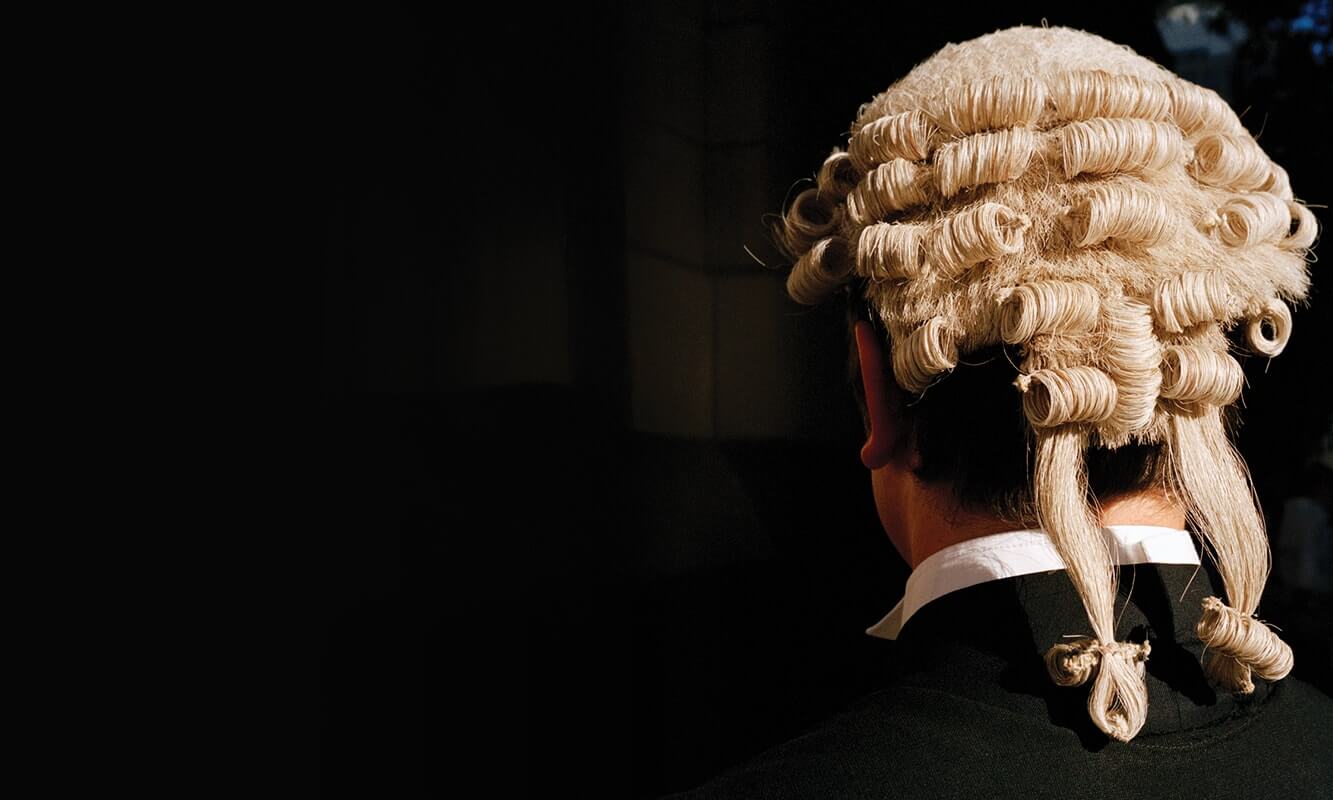In Hoang v The Queen [2022] HCA 14 (13 April 2022), the High Court was required to determine whether a juror engaged in misconduct and should have been discharged prior to the taking of verdicts.
Mr Hoang was tried in the District Court of New South Wales on an indictment charging him with 12 counts of sexual offences against children. Mr Hoang pleaded not guilty to all charges.
It was alleged that Mr Hoang committed the offences while working as a mathematics tutor. As was part of the Crown’s case, the Crown led evidence at the trial that Mr Hoang did not have a ‘Working with Children Check’ (WWCC).
Mr Hoang gave character evidence to counter this evidence. Mr Hoang’s counsel later made submissions about this evidence which the trial judge referred to in summing up.
During the course of jury deliberations, the jury provided a note to the trial judge stating that they had reached agreement on eight of the charges. The jury returned the following morning and, at about noon that day, the jury foreperson sent the trial judge a note. In the note the foreperson stated that a juror had disclosed yesterday evening that she had conducted an internet search on the requirements for a WWCC.
The note went on to state “the juror had previously been a teacher and was curious as to why they themselves did not have a check”. After receiving the note, the trial judge proceeded to take the eight verdicts referred to in the jury note given the previous day, and a further two verdicts on which that afternoon the jury had indicated they had reached a unanimous verdict.
After taking these verdicts, the trial judge then discharged the juror for misconduct under s53A(1)(c) of the Jury Act 1977 (NSW) (Jury Act).
Mr Hoang appealed his convictions. Mr Hoang’s grounds of appeal related to the juror’s internet search, whether that search amounted to misconduct and, if misconduct, whether the juror should have been discharged before taking the first 10 verdicts.
The Court of Criminal Appeal (N Adams J, with whom Hoeben CJ agreed, Campbell J dissenting) dismissed Mr Hoang’s appeal. The majority held that the prohibition on jurors making inquiries (except in the proper exercise of their functions as juror), contained in s68C(1) of the Jury Act, relates only to inquiries made for a purpose specified in s68C(1) – namely the obtaining information about the accused or any matters relevant to trial.
The majority reasoned that this required the court to make a finding as to the juror’s intention in making the inquiry. The majority went on to find that the juror’s intention in making the inquiry was for the purpose of satisfying herself as to why she did not require a WWCC, and that this was not a purpose caught by s68C(1).
Mr Hoang appealed and the High Court (Kiefel CJ and Gageler, Keane, Gordon and Edelman JJ) unanimously allowed the appeal, setting out its reasons in a single joint judgment. The High Court, at [36], held that s68C(1) is not concerned with the juror’s motive for making the inquiry. Instead, the High Court found s68C(1) is concerned with the fact of an inquiry and that the purpose of the inquiry was to obtain information about a matter relevant to the trial.
The High Court observed, at [38], that the juror had made an inquiry and that the purpose of the inquiry was to ascertain information about the WWCC. The WWCC was a matter relevant to the trial – evidence had been given about it, submissions had been made in respect of it and the trial judge had referred to it in summing up.
And the High Court held, at [39], that the trial judge, on being informed of the juror’s misconduct, should have immediately discharged the juror under s53A(1)(c) and not taken the verdicts. The High Court quashed Mr Hoang’s convictions taken before the juror was discharged, and ordered a new trial on those counts.
Dr Michelle Sharpe is a Victorian barrister practising in general commercial, real property, disciplinary and regulatory law, 03 9225 8722, email msharpe@vicbar.com.au. The full version of these judgments can be found at austlii.edu.au.














Share this article